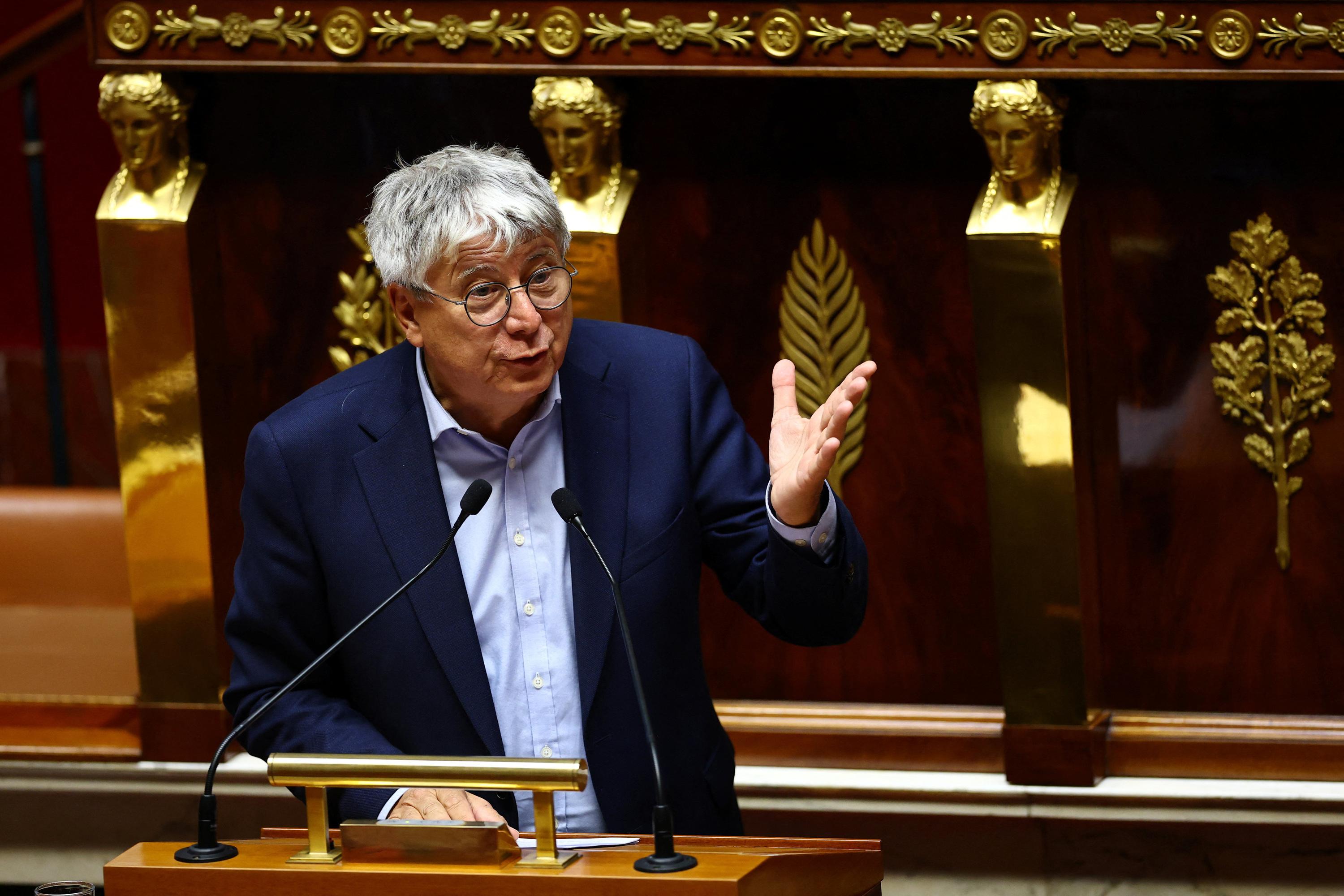Contentious Debate and Political Blame Mark France's 2026 Budget Negotiations
Political tensions and procedural delays mark the fraught negotiations over France's 2026 budget, with sharp accusations exchanged over tax reforms and legislative deadlocks.
- • Éric Coquerel accuses the government of delaying budget approval and predicts the budget won't pass as proposed.
- • Amélie de Montchalin criticizes LFI and RN for undermining budget talks and rejects a tax on multinationals.
- • National Assembly adopts amendment transforming the real estate wealth tax into a tax on unproductive assets amid party divisions.
- • The budget approval process is behind schedule, risking executive use of special ordinances or laws.
Key details
The negotiation process for France's 2026 budget remains highly contentious, with significant political tensions and delays threatening timely approval. Éric Coquerel, president of the National Assembly's finance committee and a La France Insoumise (LFI) deputy, accused the government of “playing for time” to force budget passage through ordinances or special laws, as parliamentary debates on budget revenues are running behind schedule. He warned that the expected vote on revenue measures will not meet the November 23 deadline and criticized the government's slow progress and excessive amendments, noting only eight amendments are discussed per hour instead of the needed twenty. Coquerel predicted the budget will not be adopted as proposed, highlighting its bias toward exempting wealthy interests from fiscal contributions (127599).
Meanwhile, Amélie de Montchalin, Minister of Public Accounts, sharply rebuked LFI and the National Rally (RN) for attempting to “derail” the budget discussions, calling them “scammers.” She emphasized the projected public deficit of about 4.7% of GDP by 2026 remains manageable and rejected proposals such as a tax on multinationals expected to generate €26 billion, labeling it unworkable. Despite ongoing debates on fiscal justice around capital gains and inheritance taxes, no immediate majority consensus appears likely. De Montchalin asserted the government will not resort to Article 49.3 of the Constitution to bypass parliamentary votes (127496).
The National Assembly also recently passed a contentious amendment transforming the real estate wealth tax (IFI) into a tax on “unproductive assets,” supported by a coalition including the RN, the Socialist Party (PS), MoDem, and centrists. The amendment imposes a flat 1% rate on non-productive properties and valuable personal assets, excluding productive real estate. The PS pushed sub-amendments granting an exemption for one property per household up to €1 million and reinstating rented properties in the tax base. However, LFI and the government opposed this measure, viewing it as a weakened version of the abolished ISF wealth tax. The Prime Minister's office reiterated its opposition to reinstating the ISF (127594).
This political deadlock illustrates deep divisions within and between parties over fiscal policy and taxation ahead of key budget votes. The budget was submitted late, and current legislative slowdowns threaten legal deadlines, with the executive potentially compelled to use special legal mechanisms to implement the 2026 budget.
This article was translated and synthesized from French sources, providing English-speaking readers with local perspectives.
Source articles (3)
Source comparison
Latest news
France Returns the Djidji Ayôkwé Talking Drum to Côte d'Ivoire After Over a Century
Record 37 Days of Rain Triggers Ongoing Severe Flooding in Western France
Political Divisions and Social Tensions Intensify Following Quentin Deranque’s Death in Lyon
French Economy Minister Calls for Full Insurance Industry Mobilization Amid Devastating Storm Floods
France Boosts Social and Solidarity Economy with New Tools and Potential Tax Reforms in 2026
Saint-Nazaire Mayor Condemns Vandalism of Two Political Offices as Attack on Democracy
The top news stories in France
Delivered straight to your inbox each morning.


